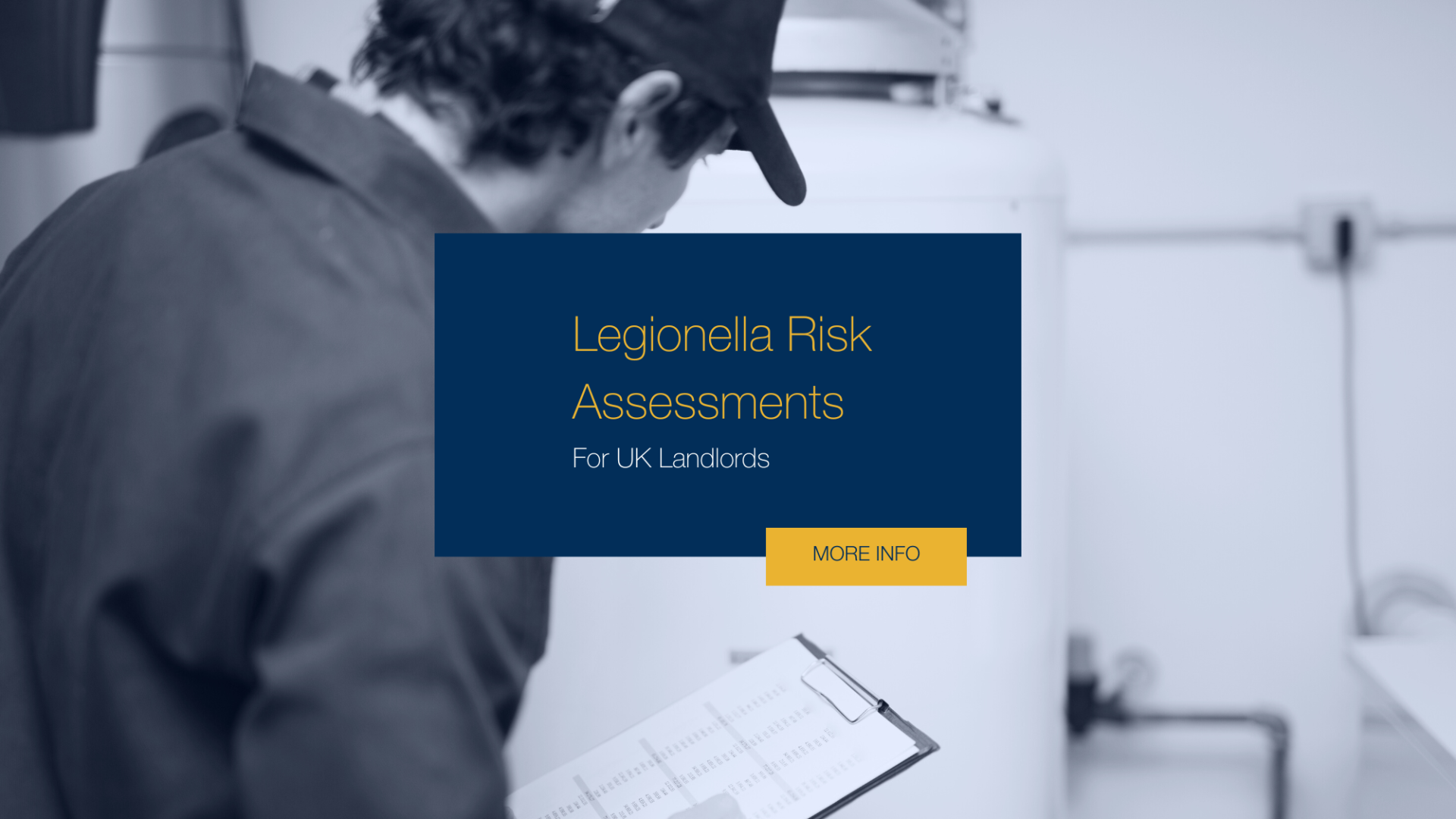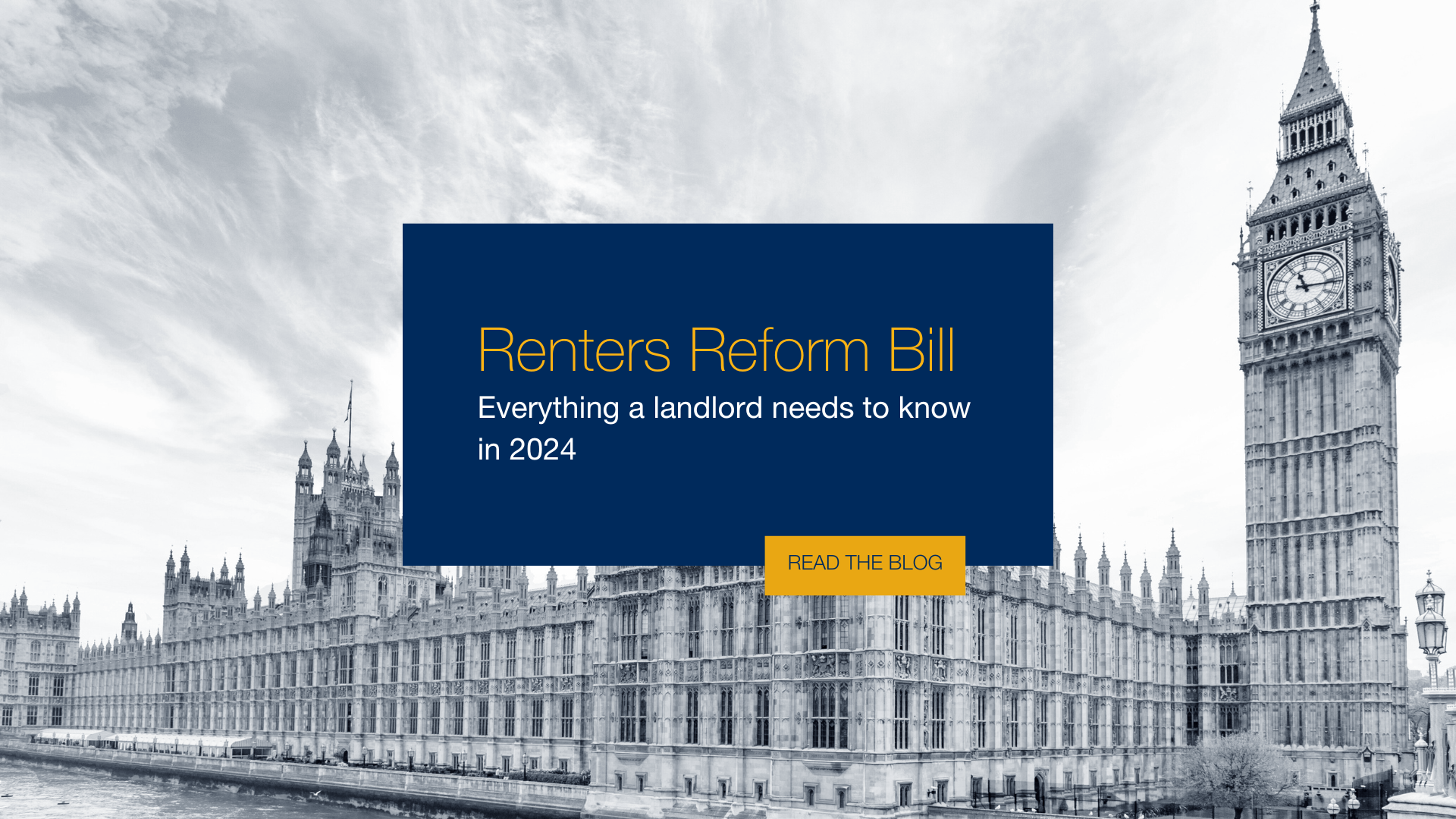Legionella Risk Assessments for UK Landlords
Subscribe to newsletterEnsuring Safe Homes: The Importance of Legionella Risk Assessments for UK Landlords
Introduction: In the ever-evolving landscape of property management, UK landlords now face the responsibility of conducting Legionella risk assessments to ensure the safety and well-being of their tenants. This crucial step not only complies with legal obligations but also plays a significant role in maintaining a healthy living environment. Let's delve into the importance of Legionella risk assessments and how landlords can navigate this essential aspect of property management.
Understanding Legionella: Legionella is a bacterium that can thrive in water systems, particularly in buildings with complex plumbing systems such as residential properties. If left unchecked, Legionella can lead to Legionnaires' disease, a severe form of pneumonia. To prevent the growth and spread of this bacterium, landlords are now required to conduct Legionella risk assessments.
Legal Compliance: As of recent regulations, landlords in the UK are obligated to carry out Legionella risk assessments under the Health and Safety at Work Act 1974. Compliance ensures that landlords are actively working to identify and manage any potential risks associated with Legionella within their properties. Failure to adhere to these regulations may result in legal consequences and jeopardise the safety of tenants.
The Assessment Process: Landlords need to understand that Legionella risk assessments are not overly complex but are a crucial part of responsible property management. The process typically involves a thorough examination of the property's water systems, identifying potential sources of Legionella, and implementing measures to mitigate these risks.
Key Areas of Focus:
Hot and Cold Water Systems: Assessing the conditions of hot and cold water storage tanks, pipes, and outlets to identify potential breeding grounds for Legionella.
Water Temperature Checks: Ensuring that water temperatures are maintained at levels that discourage the growth of Legionella bacteria.
Regular Monitoring and Record-Keeping: Establishing a routine for regular monitoring and maintaining comprehensive records of assessments, actions taken, and any relevant maintenance or repairs.
Tenant Education: In addition to fulfilling legal requirements, landlords can also use Legionella risk assessments as an opportunity to educate tenants about water safety. Providing information on the importance of proper hygiene, reporting maintenance issues promptly, and explaining the purpose of assessments contribute to a collaborative approach to maintaining a safe living environment.
Conclusion: Incorporating Legionella risk assessments into property management practices is a proactive step towards ensuring the well-being of tenants and legal compliance for UK landlords. By understanding the importance of these assessments, landlords can actively contribute to creating safer homes and fostering positive relationships with tenants. Taking these measures not only safeguards against legal repercussions but, more importantly, promotes a culture of responsible and caring property management.




 By
By 
 By
By 